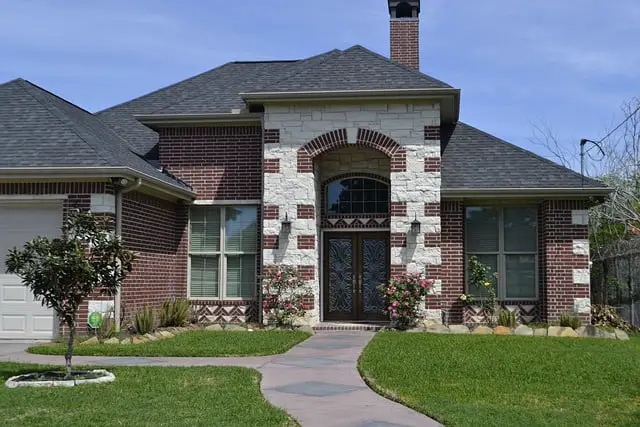
Cost of Living in Gaborone, Botswana: What You Need to Know
Gaborone, the capital city of Botswana, is a vibrant and growing city that offers a unique blend of modern amenities and traditional African culture. If you are considering moving to Gaborone, it is important to understand the cost of living in this city. In this article, we will explore the various factors that contribute to the cost of living in Gaborone and provide you with valuable insights to help you make an informed decision.
Housing Costs in Gaborone
One of the most significant expenses in Gaborone is housing. The cost of renting or buying a home in Gaborone can vary greatly depending on the location, size, and quality of the property. According to Numbeo, the average monthly rent for a one-bedroom apartment in the city center is around 5,000 BWP (Botswana Pula), while a three-bedroom apartment can cost up to 10,000 BWP per month. If you are looking to buy a home in Gaborone, the average cost per square meter is around 12,000 BWP.
Food and Groceries
The cost of food and groceries in Gaborone is relatively affordable compared to other major cities in Africa. A meal at an inexpensive restaurant can cost around 60 BWP, while a three-course meal for two at a mid-range restaurant can cost around 500 BWP. The cost of groceries can vary depending on where you shop, but you can expect to pay around 1,500 BWP per month for basic groceries.
Transportation Costs
Transportation costs in Gaborone are relatively low compared to other major cities in Africa. The city has a well-developed public transportation system that includes buses and taxis. The cost of a one-way ticket on a local bus is around 4 BWP, while a taxi ride within the city center can cost around 50 BWP. If you plan on driving in Gaborone, the cost of gasoline is around 9 BWP per liter.
Utilities and Other Expenses
The cost of utilities in Gaborone can vary depending on the size of your home and your usage. The average monthly cost of electricity, water, and gas for a small apartment is around 1,000 BWP. Other expenses such as internet and mobile phone plans are relatively affordable, with basic plans starting at around 300 BWP per month.
FAQs
Q: Is Gaborone a safe city to live in?
A: Gaborone is generally considered a safe city to live in. However, like any major city, it is important to take precautions and be aware of your surroundings.
Q: What is the healthcare system like in Gaborone?
A: Gaborone has a well-developed healthcare system that includes public and private hospitals and clinics. The cost of healthcare can vary depending on the type of treatment you require.
Q: What is the job market like in Gaborone?
A: Gaborone has a growing economy and a diverse job market. The city is home to a number of international companies and organizations, as well as a thriving small business sector.
Conclusion
In conclusion, the cost of living in Gaborone is relatively affordable compared to other major cities in Africa. Housing costs can be high, but the cost of food, transportation, and utilities is relatively low. If you are considering moving to Gaborone, it is important to do your research and understand the various factors that contribute to the cost of living in this city. With its growing economy and unique blend of modern amenities and traditional African culture, Gaborone is a great place to call home.
